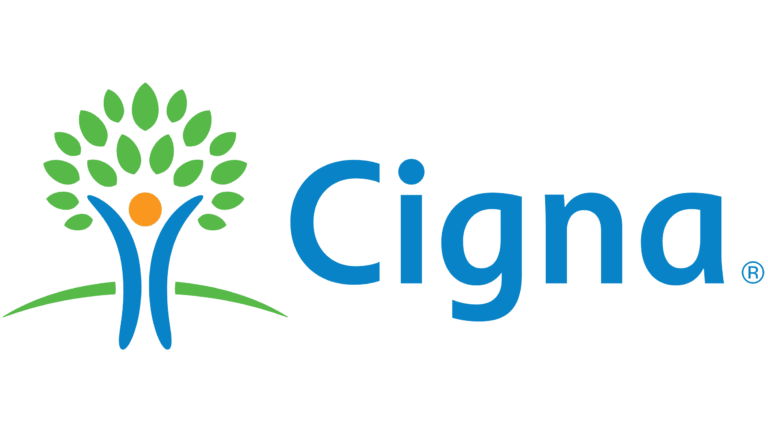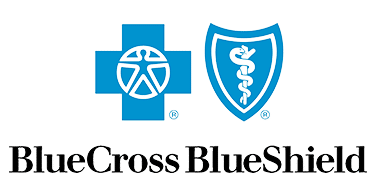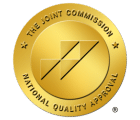Heroin addiction is a devastating condition that affects not only the person using the drug but also their loved ones. A highly addictive opioid, heroin hijacks the brain’s reward system and quickly creates physical and psychological dependency. What often starts as recreational use or self-medication can spiral into a life-threatening addiction before anyone realizes the full extent of the problem. Recognizing the signs of heroin addiction early is critical. The sooner someone gets help, the better their chances of recovery. At Palm Beach Recovery Center, we specialize in compassionate, evidence-based treatment for heroin addiction, helping individuals and families heal from the inside out. If you’re concerned that someone you care about may be using heroin, here are five significant signs to watch for.
1. Drastic Changes in Behavior and Personality
One of the earliest and most noticeable signs of heroin addiction is a significant change in a person’s behavior or mood. Heroin use can cause someone to become withdrawn, secretive, or erratic. They may lose interest in hobbies, stop caring about personal relationships, or isolate themselves for long periods. You might also notice a decline in their emotional stability. A person addicted to heroin may swing between extreme highs and lows—appearing euphoric and energetic at one moment, then tired, moody, or agitated the next. These mood shifts directly result from the drug’s effects on the central nervous system and its powerful hold on mental health.
2. Physical Signs and Changes in Appearance
Heroin takes a significant toll on the body, and many of the physical signs are challenging to hide. Common physical symptoms of heroin addiction include sudden weight loss or loss of appetite, constant drowsiness or “nodding off” during conversations, constricted (pinpoint) pupils, flushed skin or a dry mouth, itching or excessive scratching, frequent nosebleeds (in those who snort the drug), and track marks or bruising on the arms (in those who inject). A person using heroin may also begin to neglect basic hygiene or look unkempt. If someone who previously took pride in their appearance begins to look disheveled or stops caring about how they present themselves, it may be a warning sign that something deeper is happening.
3. Decline in Performance at Work, School, or Home
Heroin use often leads to a sharp decline in functioning. A person who is addicted may miss work or school regularly, fall behind on assignments or responsibilities, and lose interest in goals or achievements they once cared about. For those in the workplace, job performance may plummet. Tardiness, absenteeism, and missed deadlines are common red flags. In more serious cases, the individual may lose their job or drop out of school altogether. At home, responsibilities may be neglected, and relationships may suffer due to dishonesty, unreliability, or emotional withdrawal. These red flags can all be signs of heroin addiction.
4. Financial Problems and Risky Behavior
Heroin is not only physically addictive—it’s also financially draining. Maintaining a heroin habit is expensive, and many individuals begin to show signs of financial trouble. They may frequently borrow money, sell personal items, or even resort to stealing to fund their addiction. Increased secrecy around money is another red flag. If someone you know is evasive about where their money is going or seems to have constant financial crises without explanation, it may be worth taking a closer look. Heroin addiction also leads people to engage in high-risk behaviors they would not normally consider. This can include using dirty needles, driving under the influence, engaging in unsafe sex, or associating with dangerous individuals or environments.
5. Withdrawal Symptoms When Not Using
A hallmark of heroin addiction is physical dependence. When a person addicted to heroin tries to stop or can’t access the drug, withdrawal symptoms can begin within hours. These symptoms can be excruciating and distressing, often leading the person to continue using just to avoid feeling sick. Common heroin withdrawal symptoms include intense cravings, nausea and vomiting, muscle aches and restlessness, cold sweats and chills, insomnia, anxiety or irritability, and abdominal cramps and diarrhea. If you notice someone experiencing these symptoms regularly or cycling through periods of illness followed by recovery and then back again, it may be a sign that they are caught in the cycle of heroin use and withdrawal and need treatment.
What to Do if You Suspect Signs of Heroin Addiction
If someone you care about is showing signs of heroin addiction, it’s essential to act with empathy and urgency. Addiction is not a moral failing—it’s a disease that requires medical and psychological intervention. Approach your loved one without judgment, and express your concerns from a place of care and support. Encourage them to seek professional help, and let them know that recovery is possible, even if they feel trapped.
Help Is Just a Phone Call Away
At Palm Beach Recovery Center, we offer expert, individualized care for heroin addiction in a safe and supportive environment. From medically supervised detox to evidence-based therapy and aftercare planning, we provide a comprehensive path to healing. Located in a peaceful setting in Florida, our treatment programs are designed to help individuals regain control of their lives, restore their health, and build a future free from heroin. Our team understands the complexities of addiction and offers the compassion and expertise needed at every step.









